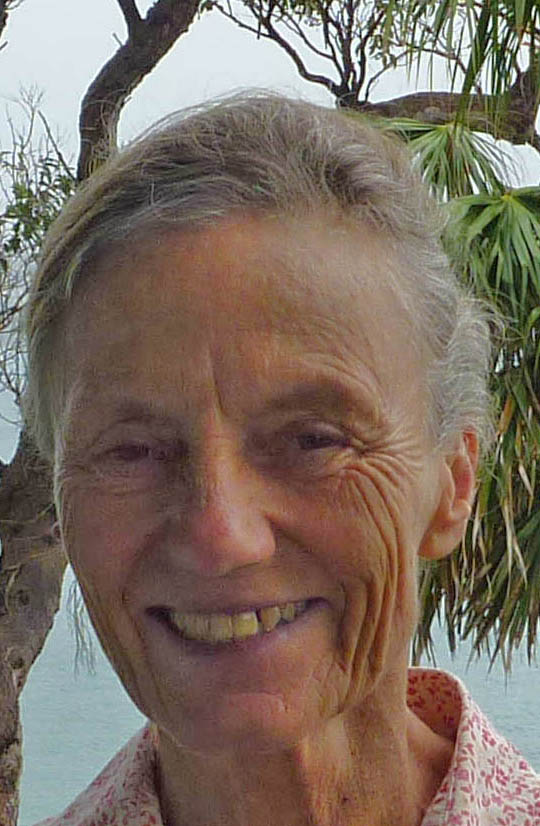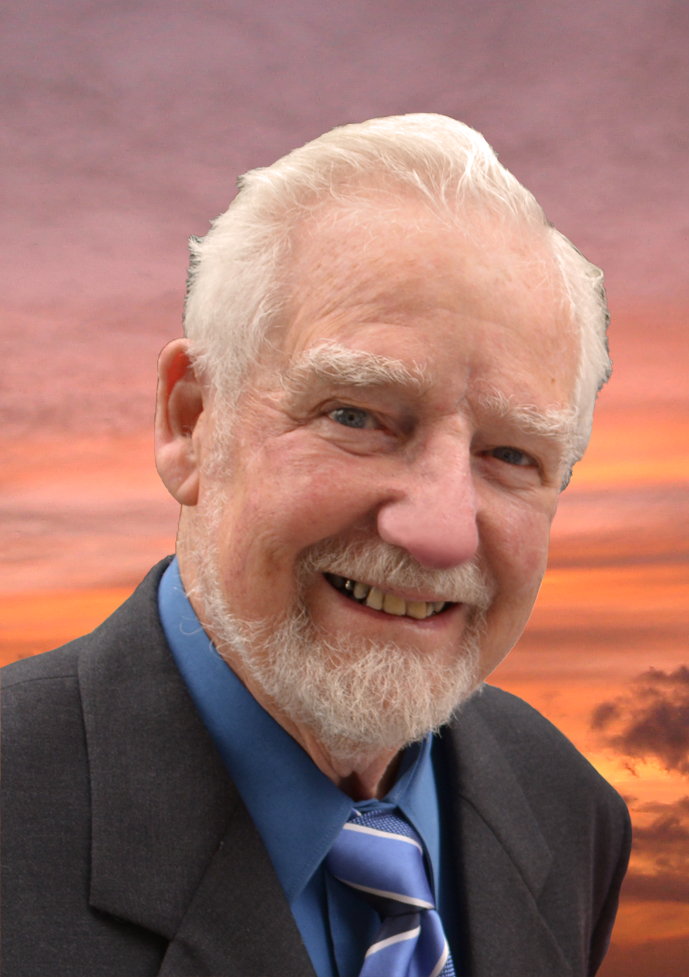By Mary Sinanidis
When I interviewed Dr Helen-Anne Manion about her work on Dying at Home, I was not expecting the interview to end with me swallowing tears as I remembered, fraught with guilt, the death of my father, so far removed from what a ‘good death’ should be. I could most definitely have benefited from Dr Manion’s Dying at Home eight-step methodology offered online for free.
Thanks to the efforts of Dr Manion and Greek-based psychologist Theodora Giannakidou, the Dying at Home program is finally taking off amongst Greeks to give the dying a chance to prepare for “a good death.”
But what is a good death? Dr Manion said surveys conducted around the world show that 90 percent of respondents want to die “at home” – and let’s add to that “surrounded by loved ones” with perhaps a kettle whistling in the background and a pot of tea poured while yiayia quietly slips away, loosening her grip on the clasped hand of a loved one.
“That’s what families want too, but they’ve lost an understanding of how to provide that care,” she said, adding that in sharp contrast to 100 years ago, seeing a dead body is not as common (especially if you’re not employed in an aged care setting or a funeral home).
As we go about life, “death is less likely to be discussed or considered,” Dr Manion said. So people rush for more tests and medical interventions which have no chance of changing outcomes anyway. Instead, time would be better spent settling finances and having conversations to bring closure. These are difficult conversations to steer, and the Dying at Home program is a guide as to how to navigate through the process.

Medicalised life and death
“Death is not a medical illness. It’s a social event,” Dr Manion said, adding that the same is true of childbirth – another overmedicalised sector in Greece, the country with the highest rates of C-sections in Europe. Nonetheless, while material on natural childbirth is readily available, death is still taboo.
“These days in Greece, I know from my research and Theodora’s observations that the situation is fraught because you no longer have a three-generational family at home with the young moving to the cities and so forth,” Dr Manion said.
The program, Dying at Home, is the result of work by Dr Manion and her late husband Gerard Manion, who had both been awarded the Australian Medal of Order for their efforts. Dr Manion studied medical oncology and her husband developed the program that addressed the personal aspects of cancer. Returning to Australia, they created the Cancer Care Program.
It was at that time – 40 years ago – that one of Gerard’s patients came for help. “I’ve done everything I can, but I know I’m dying. All I want is to die in my own home with my family and friends around me. Will you support me?” he said.

“We said, ‘of course’ to his dying wish. What we saw was the reason we pulled the program together. Friends and neighbours came, but nobody knew what to say or do. And the wife was racing around to make tea and was drawn away from her husband which is where she really needed to be,” Dr Manion said.
“We thought, ‘there’s a program here’. So we got to work creating some guidelines which were very simple and very necessary.”
In countries like Greece and Australia, death has become medicalised and nuclear families fend for themselves.
“Even in developing countries where pretty much everyone dies at home, the family can still be in a fragile situation without support,” Dr Manion said, referring to her work in places like Myanmar and Timor.
The eight-step program is as follows: (1) read and download the booklets on the website, also available in Greek; (2) accept offers from family, friends and neighbours; (3) manage difficult days using the free medicines book with local remedies and bush medicines; (4) read about changes that are happening in body and mind; (5) spend time with your dying loved ones by sharing stories, memories, singing, listening and relaxing; (6) make peace with your humanitarian, cultural, religious or spiritual traditions; (7) care for the carer; (8) prepare for the final farewell.
“My dear friend, Theodora, knew the work I was doing and told me she wanted to translate the free booklets for greater accessibility,” Dr Manion said of the step-by-step program now available in Greek.
“A problem in Greece, and this is true everywhere, is that nobody wants to talk about dying and death,” she said. “Grown children know what is going on but they shield their mum from their knowledge without that hanging over. But using the problem can transform the situation and bring together families, friends and neighbours. Those dying are able to live until they die right at the end.”
When Gerard died that’s what happened.
“We, as the founders of the program, wanted my husband to have a beautiful, peaceful death. Our home was filled with such love and life. For me as a caregiver, there was positivity around. People were cooking for us, bringing us food and it became a community effort,” Dr Manion said.
“My grown grandchildren said ‘we know what to do, this is normal’. Now they’ll go into their lives knowing that.”
This way of dying is nothing new. It’s a return to the way things were back in Dr Manion’s grandparents day back on Zagora, Mount Pylion. It’s an experience of a more mindful, community-supported death.

